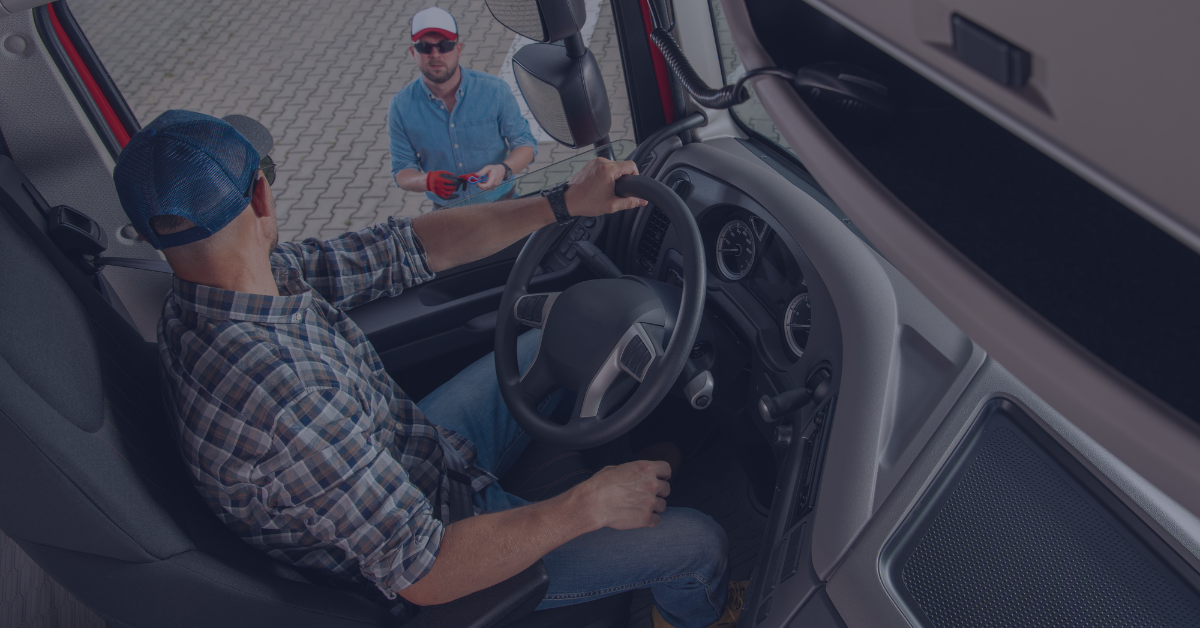Truck drivers and dispatchers are the dynamic duo of the logistics industry. They are like Batman and Robin, working together to make sure everything runs smoothly. While the job of a truck driver and a dispatcher might seem worlds apart, they share a symbiotic relationship. Without one, the other would be lost, and that’s why it’s essential for both to work together.
The value of each role is immense. Dispatchers are the logistics epicenter of the trucking industry. They are responsible for coordinating deliveries, ensuring that the right truck is in the right place at the right time. They manage the schedules, routes, and loads for each driver. They also handle the communication between drivers and customers, ensuring that everyone is informed of any changes to the delivery schedule.
On the other hand, truck drivers are the ones who drive long distances, through all kinds of weather and traffic conditions, to deliver goods to their final destination. Truck drivers are responsible for ensuring that the cargo is secure and safe during transit. They also keep a log of their driving hours, maintenance schedules, and any issues they encounter along the way.
While truck drivers and dispatchers have different responsibilities, they both play a crucial role in the success of the logistics industry. However, the relationship between these two can be strained at times. The tension between them often stems from miscommunication, unrealistic expectations, or even a lack of respect.
Here are a few tips on how truck drivers and dispatchers can build and maintain a positive relationships:
1. Communication is Key
Communication is vital in any relationship, and the one between a truck driver and dispatcher is no exception. If you’re a truck driver, make sure to keep your dispatcher informed of any changes or issues that you encounter on the road. Let them know if you’re running behind schedule or if there’s a problem with the truck. By keeping your dispatcher in the loop, they can help you find a solution and adjust the schedule accordingly.
Dispatchers can improve communication by being clear and concise in their instructions, providing regular updates on load assignments, and responding promptly to any issues raised by drivers. This can help build trust and prevent misunderstandings.
2. Be Respectful
Respect is crucial in any relationship. When working with dispatchers, remember that they are working hard to ensure that you have a successful trip. Avoid being rude or disrespectful, even when things don’t go as planned. Try to put yourself in their shoes and understand the pressures they are under. Being respectful can go a long way in building a positive relationship.
Dispatchers can demonstrate respect by treating drivers as valued team members, listening to their concerns, and acknowledging their hard work. Many of the delays that drivers encounter are out of their control, and they want to reach their destinations as well. Seeking to understand and being respectful of the challenges on the road can help foster a culture of mutual respect and collaboration.
3. Build a Rapport
Building a good relationship with your dispatcher can make a big difference in how smoothly things go on the road. Take the time to get to know them and build a rapport. Ask about their day, their family, or their interests. This can help you establish a good working relationship and make it easier to communicate when issues arise.
Dispatchers can build relationships with drivers by taking the time to get to know them and showing a genuine interest in their lives. This can help drivers feel more comfortable approaching dispatchers with issues or concerns and improve overall communication.
4. Be Professional
Maintaining a professional demeanor is crucial when dealing with dispatchers. Avoid using inappropriate language or making jokes that could be taken the wrong way. Always be on time for pickups and deliveries, and follow any instructions you’re given. Being professional can help you earn the respect of your dispatcher and make it easier to work together.
Just as truck drivers need to be professional, so do dispatchers. This means maintaining a professional tone and demeanor, avoiding inappropriate language, and adhering to schedules and deadlines. Being professional can help build trust and confidence between dispatchers and drivers.
5. Provide Feedback
If you have suggestions for improving the dispatch process, provide feedback to your dispatcher. They are always looking for ways to improve efficiency and make things easier for their drivers. Your feedback can help them make changes that benefit everyone.
Dispatchers can solicit feedback from drivers on their experiences and ideas for improving processes. This can help dispatchers identify areas for improvement and create a culture of continuous improvement. Additionally, dispatchers can offer constructive feedback to drivers, providing tips on how they can improve their performance or offering praise for a job well done. This can help build morale and create a more positive working environment.
Success Together
The relationship between truck drivers and dispatchers is critical to the logistics industry’s success. By following these tips, truck drivers and dispatchers can build and maintain positive relationships. Remember, the success of one is the success of both, so working together is essential.

